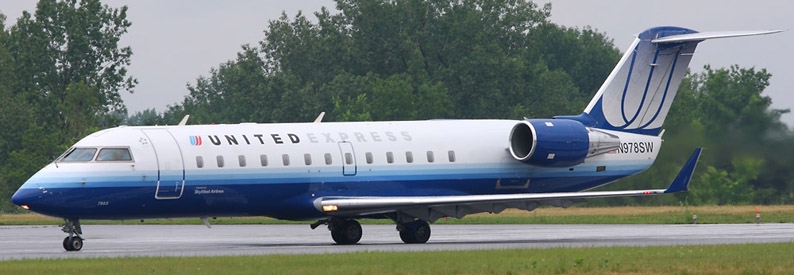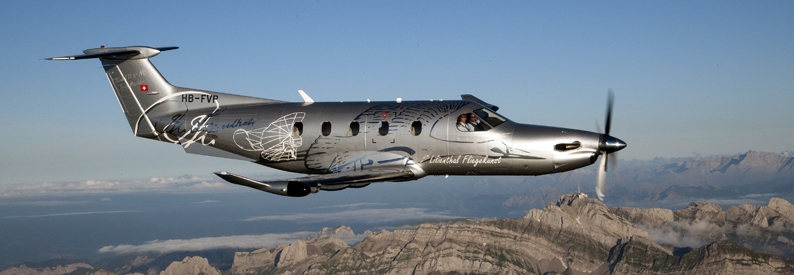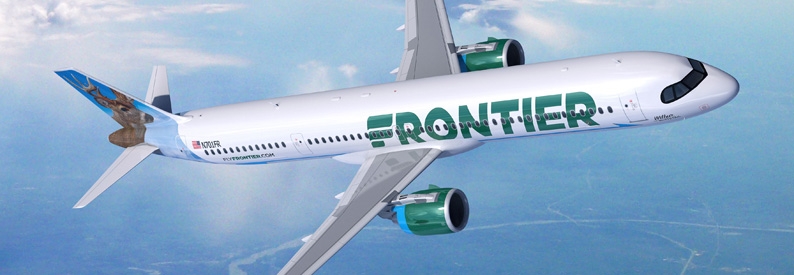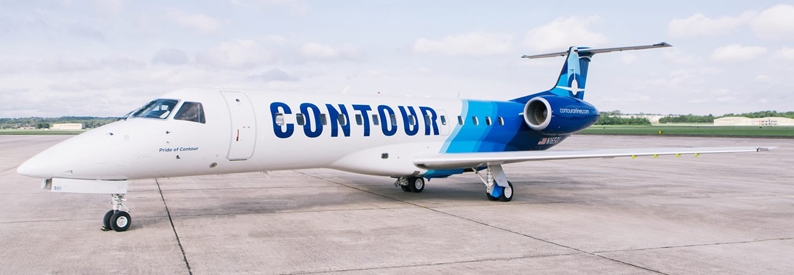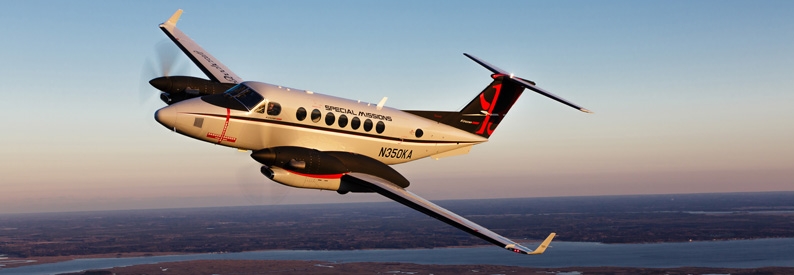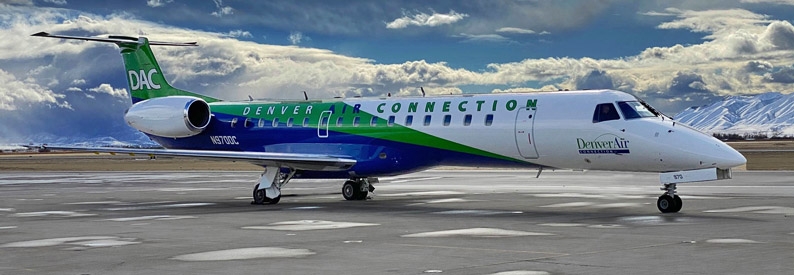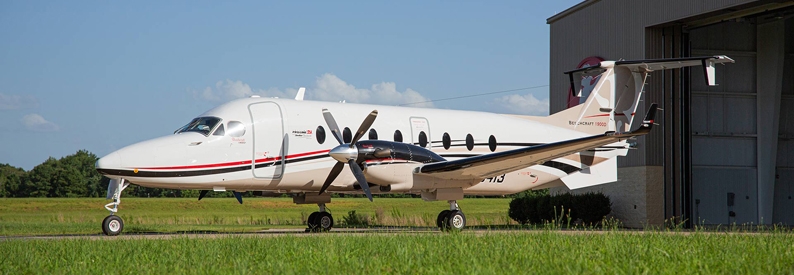The USD1.1 trillion spending bill signed by United States President Donald Trump last week has retained funding for the Essential Air Services (EAS) program. As previously reported, the Trump administration had signalled its intention to cut the program saying that it was too costly and communities could be better served in other ways.
The FAA's air traffic control operations, previously slated for privatisation, have also been fully funded in the bill.
Passing of the spending bill has averted a government shutdown, which would have started last Friday night. It will keep the US government operational until September 30, 2017. The Department of Transportation section provides that USD150 million derived from the Airport and Airway Trust Fund is to remain available to the EAS until expended. Restrictions, however, have been included. One of these precludes communities located less than 64 kilometres from the nearest small hub airport from entering in to a new contract without prior negotiation with the Secretary.
The EAS provides services to approximately sixty communities in Alaska and 115 communities in the lower forty-eight contiguous states that otherwise would have no access to scheduled air services. The program has been the subject of debate since it was implemented almost forty years ago, with a major overhaul in 2012 limiting the eligibility of communities. Nevertheless, a 2015 Congressional report found that EAS program costs had risen 123% since 2008.
Some airlines which rely heavily on EAS subsidies include Southern Airways Express (9X, Memphis International) and Boutique Air (4B, San Francisco).
